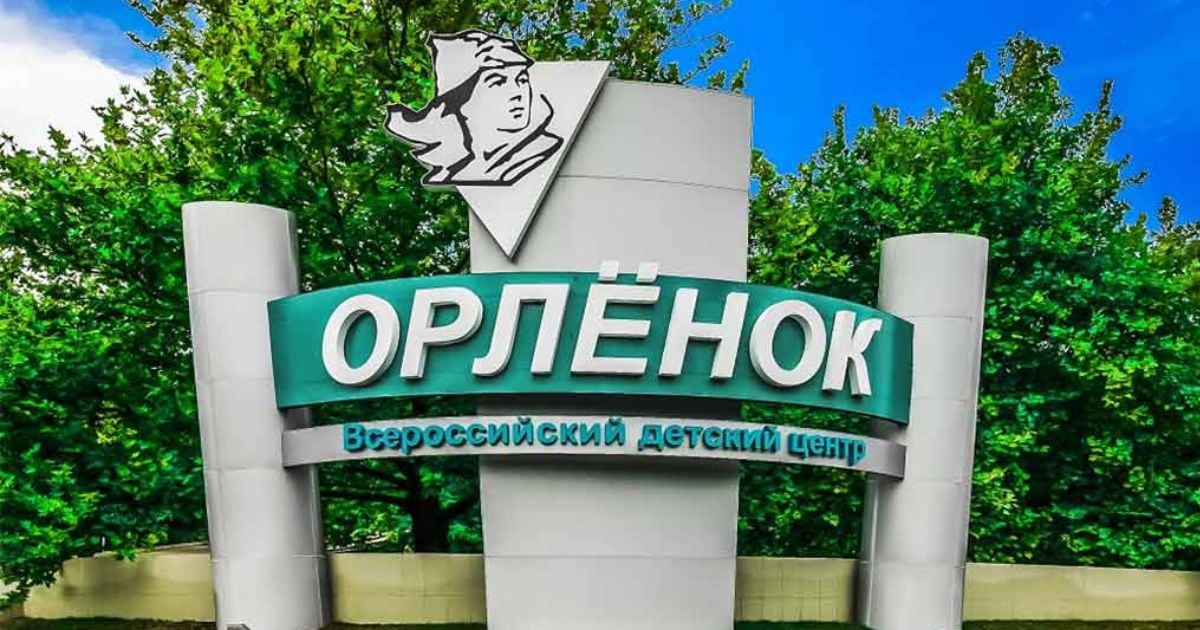A group of 25 Cuban children is set to travel to Russia to engage in activities at the Orliónok International Center, a former stronghold of Soviet indoctrination that historically served as an ideological training facility for minors. This camp, located in the Krasnodar region along the Black Sea, is resuming a practice that was halted nearly 30 years ago: sending Cuban children to participate in programs closely tied to the political agendas of Moscow and Havana.
Alexandr Dzheus, the center's director, made the announcement on Saturday during the institution's 65th-anniversary celebrations. "We have recently renewed our cooperation with the Republic of Cuba, and 25 children along with their mentors will be arriving. After nearly three decades, we are reestablishing this collaboration with Cuba," Dzheus stated to Russian media, as reported by the state-run Prensa Latina.
The Orliónok Center is a state-run facility capable of hosting over 3,500 children during the summer. Established during the Soviet era, it has symbolized socialist education aimed at children and adolescents, emphasizing civic, cultural, and political formation. With ten basic camps, it has held the status of a UNESCO Associated School since 2012 and is part of international networks such as the International Camping Fellowship.
Reviving Old Practices Amid Renewed Ties
The announcement harkens back to a common practice during the Cold War, when thousands of Cuban children traveled to camps like Artek or Orliónok as part of the ideological ties between Havana and Moscow. Many of these children were chosen for their political merits or as offspring of "outstanding" workers or members of official organizations.
This latest dispatch of minors occurs amid a renewed rapprochement between the Cuban regime and Vladimir Putin's government, marked by official visits, economic agreements, military cooperation, and mutual diplomatic support. The revival of these child exchange programs fits into that strategy of political alignment.
While presented as a cultural and educational program, the resurgence of these initiatives raises concerns over their potential use as tools for ideological influence, at a time when Cuba's educational system is experiencing a deep crisis: a shortage of teachers, deteriorating infrastructure, and a lack of essential classroom resources.
Expanding Educational and Cultural Cooperation
In addition to sending Cuban children to the Orliónok camp, the governor of St. Petersburg, Aleksandr Beglov, announced that top graduates from Cuban schools have been invited to spend the summer in the Russian city, according to local press. The young visitors will attend the cultural festival "Scarlet Sails" (Alie Parusa) and enjoy summer activities in the so-called "northern capital." Beglov emphasized that Cuba continues to cherish its shared legacy with Russia, noting that Cubans "maintain our compatriots' graves, respect Russian culture, and uphold Russian world values."
He also recalled that the Orthodox Church of the Virgin of Kazan in Havana was built on the initiative of Fidel Castro, whom he described as an admirer of St. Petersburg. This gesture is part of the relaunching of bilateral cooperation in educational, cultural, and economic fields.
Strengthening Alliances Through Cultural Exchanges
The dispatch of Cuban children to the Russian Orliónok camp is occurring within a rapidly tightening bond between the governments of Havana and Moscow. President Vladimir Putin has publicly expressed his intention to send Russian children to recreational centers in Cuba, describing it as a cultural cooperation program.
This proposal has been portrayed as a symbolic gesture of affinity between the two regimes, echoing dynamics of the socialist bloc during the Cold War. Furthermore, the political rapprochement was illustrated by the visit of Sergei Naryshkin, head of Russia's Foreign Intelligence Service, to Havana, where he met with Cuban leader Miguel Díaz-Canel at the Palace of the Revolution.
Naryshkin's presence on the island signifies not only diplomatic and military coordination but also a strengthening of ideological alignment between the two countries. Another axis of this renewed alliance focuses on developing an air and energy corridor between Yucatán and Cuba, with active participation from Russian companies.
Putin has promoted this connection as part of his geoeconomic expansion strategy in Latin America, using Cuba as a regional hub. The Russian initiative encompasses transportation, tourism, and energy resources, further deepening Cuba's dependence on traditional geopolitical allies.
Frequently Asked Questions About Russia-Cuba Child Exchange Program
What is the Orliónok International Center?
The Orliónok International Center is a state-operated facility in Russia that historically served as an ideological training ground for minors during the Soviet era. It can accommodate over 3,500 children during the summer and is involved in civic, cultural, and political education.
Why are Cuban children being sent to Russia?
The Cuban children are being sent to Russia as part of a renewed cultural and educational exchange program between Cuba and Russia, reflecting a deepening political and ideological alignment between the two countries.
What other initiatives are part of the Russia-Cuba cooperation?
In addition to the child exchange program, Russia and Cuba are enhancing bilateral cooperation in various sectors such as education, culture, and economy, including hosting Cuban graduates in St. Petersburg and developing an air and energy corridor.
